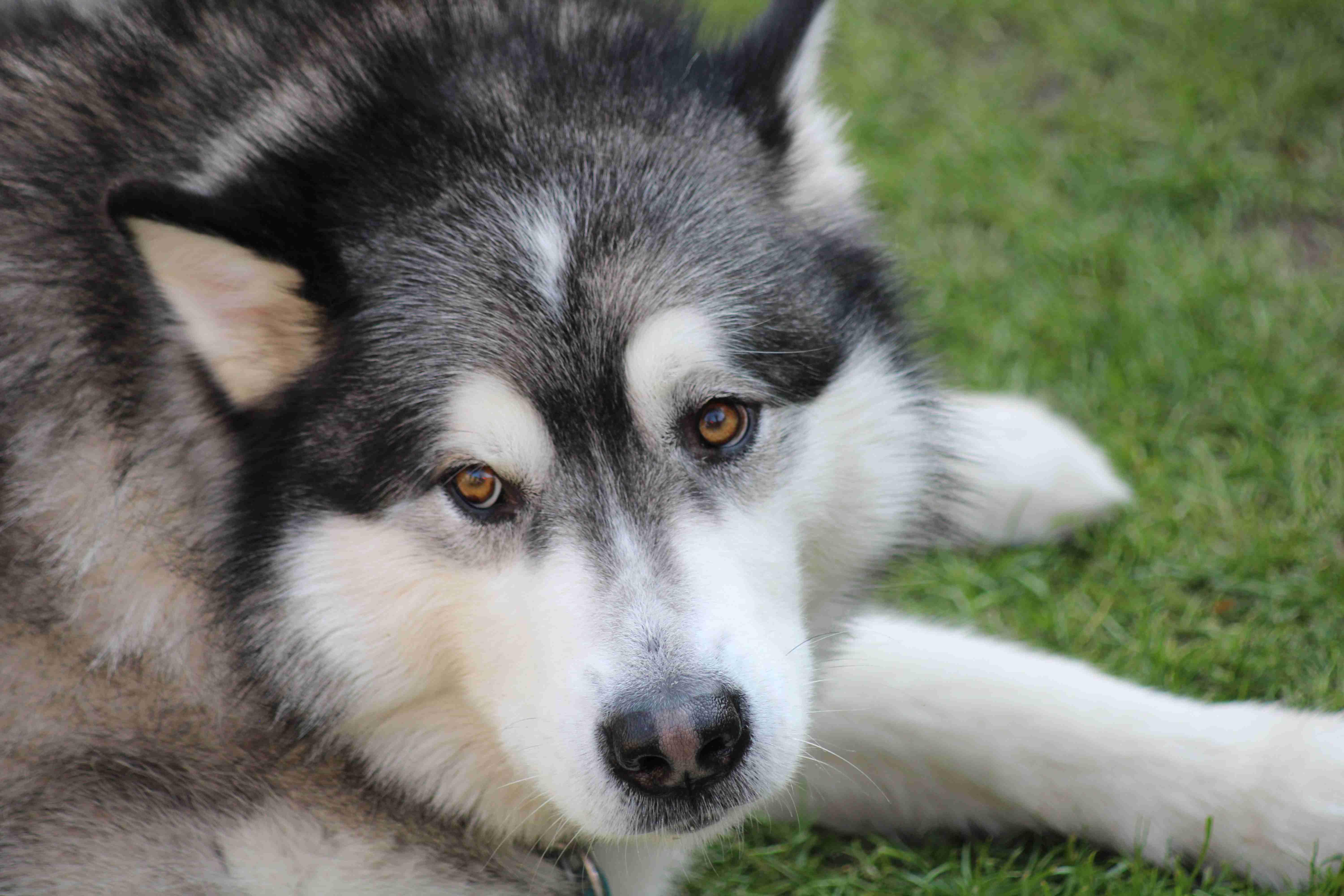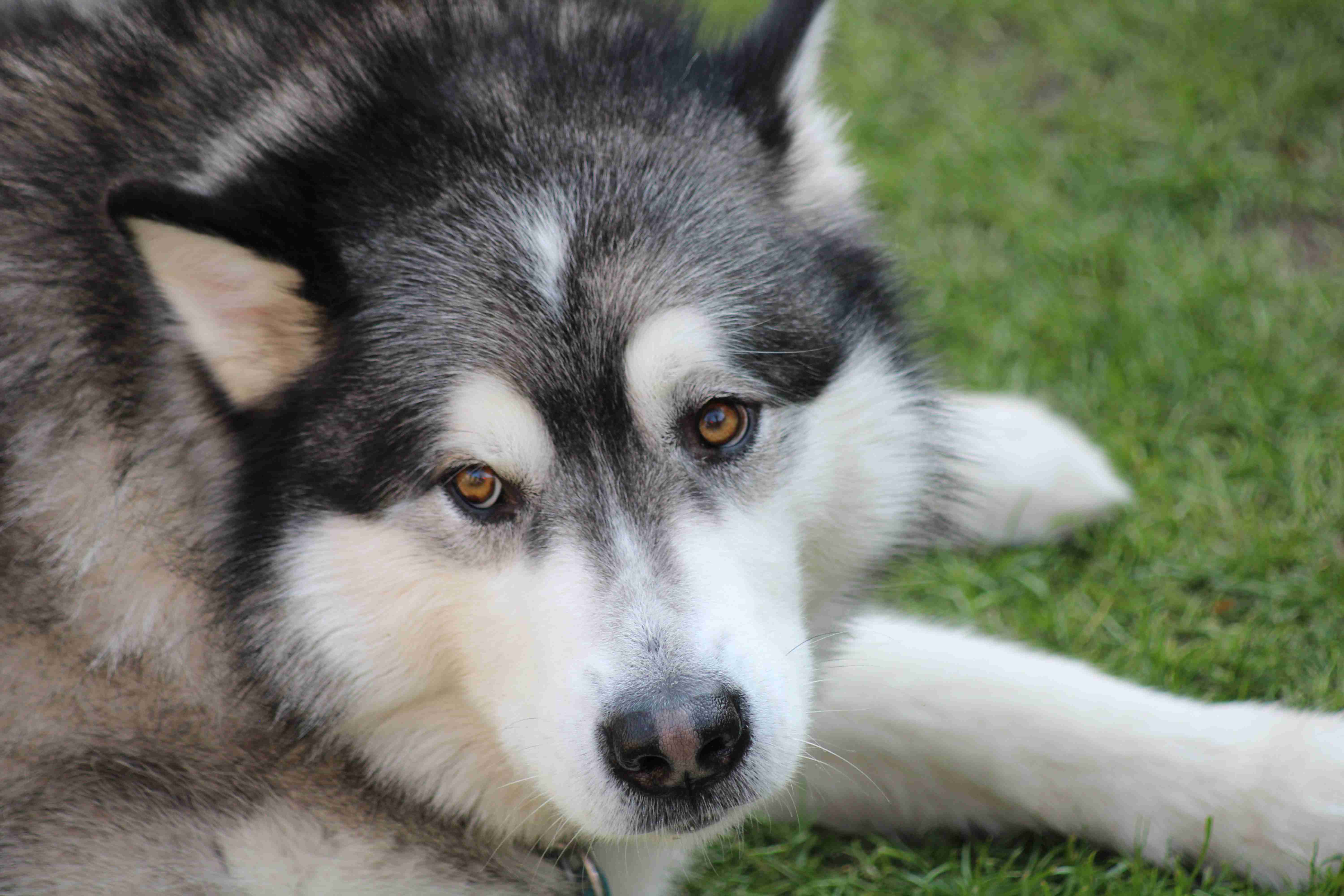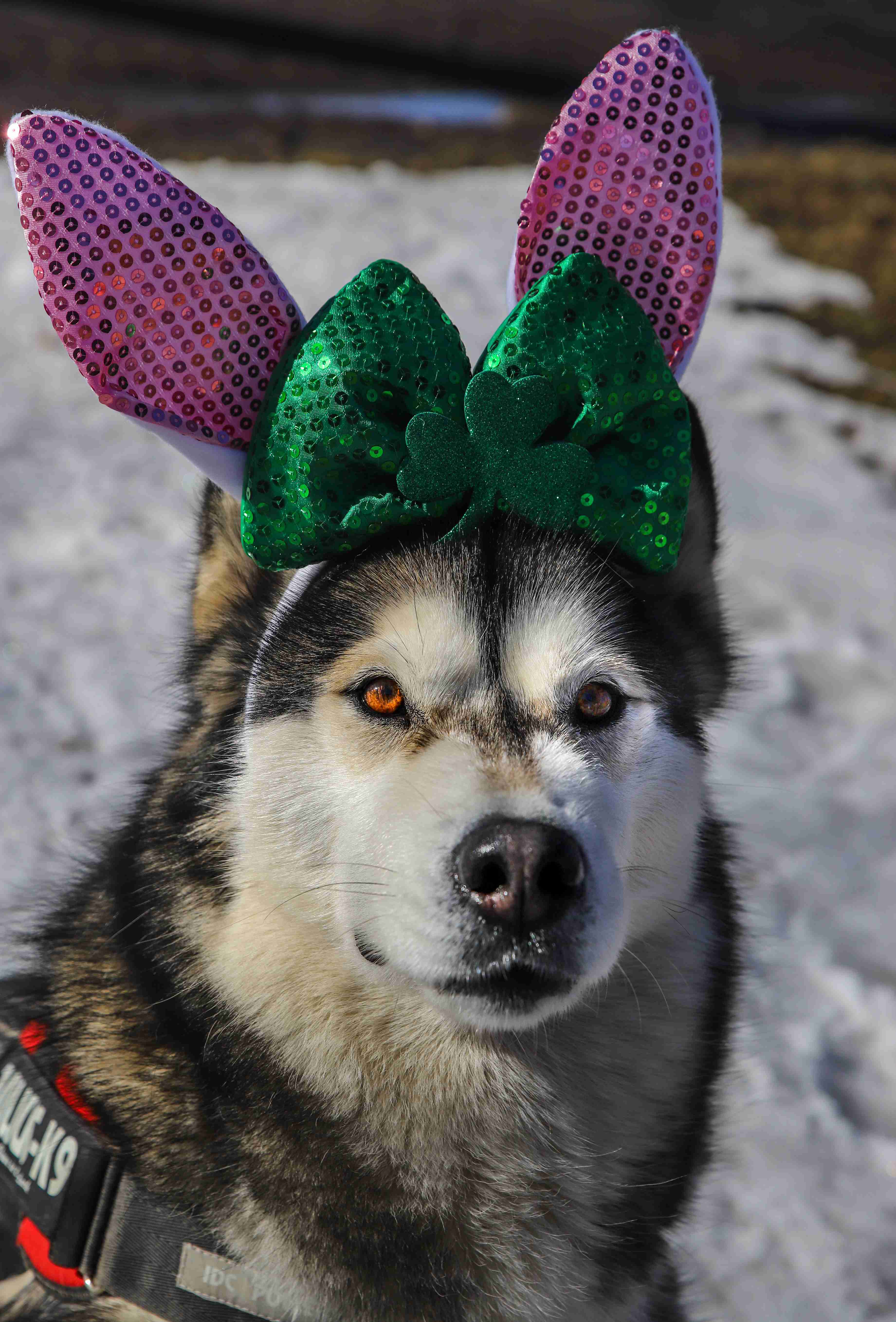Alaskan Malamutes are majestic and powerful dogs that have earned a reputation for being loyal and affectionate companions. However, they are also known for their hunting abilities, which raises the question: do Alaskan Malamutes have a strong prey drive? While these dogs were originally bred for hauling heavy loads and helping with hunting, their prey drive can be a concern for potential owners. In this blog post, we’ll explore the truth behind the prey drive of Alaskan Malamutes and what it means for you as a dog owner. So, let’s unleash the truth!
Unleashing the Truth: Exploring the Prey Drive of Alaskan Malamutes
Alaskan Malamutes are a beloved breed of dog known for their strength, loyalty, and intelligence. They were originally bred by the Inuit people of Alaska to haul heavy loads and navigate the treacherous terrain of the Arctic. Over time, they have become increasingly popular as family pets due to their gentle nature and affectionate personalities.
But despite their gentle disposition, many people wonder if Alaskan Malamutes have a strong prey drive. This is a valid question, considering their history of hunting and their physical appearance, which can be intimidating to some. In this blog post, we will explore the prey drive of Alaskan Malamutes, what it means, and how it can affect their behavior.
First, it’s important to understand what a prey drive is. A prey drive is an instinctual urge to hunt and kill prey. This drive is present in all dogs, to some degree, and is a remnant of their wild ancestors. The strength of a dog’s prey drive varies from breed to breed and even from individual to individual.
So, do Alaskan Malamutes have a strong prey drive? The answer is yes, they do. Alaskan Malamutes were originally bred to hunt and kill prey, so it’s only natural that they have a strong instinct to do so. However, it’s important to note that not all Alaskan Malamutes will exhibit the same level of prey drive. Some may have a stronger drive than others, while some may have a weaker drive.

The strength of a dog’s prey drive can be influenced by various factors, such as genetics, training, and socialization. Genetics play a significant role in determining a dog’s prey drive, as it is a trait that is passed down from their ancestors. Dogs that come from a long line of hunters are more likely to have a strong prey drive.
Training and socialization can also affect a dog’s prey drive. Proper training and socialization can help to control a dog’s instincts and teach them appropriate behavior. For example, a well-trained Alaskan Malamute will understand that they are not allowed to chase or attack other animals, even if their prey drive is strong.
It’s also important to note that not all prey drive is bad. A healthy prey drive can be beneficial, as it can keep dogs mentally and physically stimulated. However, an uncontrolled prey drive can lead to aggressive behavior and even dangerous situations.
So, how can you tell if your Alaskan Malamute has a strong prey drive? There are several signs to look out for, such as chasing small animals, obsessively tracking scents, and displaying aggressive behavior towards other animals. However, it’s important to remember that not all of these behaviors necessarily indicate a strong prey drive. Dogs may display these behaviors for a variety of reasons, such as boredom or lack of exercise.
If you suspect that your Alaskan Malamute has a strong prey drive, it’s important to seek the help of a professional trainer. A trainer can help you to control your dog’s behavior and teach them appropriate responses to their instincts.
Overall, Alaskan Malamutes do have a strong prey drive, but the strength of their drive can vary from dog to dog. Proper training and socialization can help to control their instincts and ensure that they behave appropriately. If you suspect that your Alaskan Malamute has a strong prey drive, seek the help of a professional trainer to ensure that they are well-behaved and safe around other animals.
In conclusion, Alaskan Malamutes are beautiful and intelligent creatures that make great companions. However, as with any breed, it’s important to understand their natural instincts and tendencies. While Alaskan Malamutes do have a strong prey drive, with proper training and socialization, this trait can be managed. It’s important to remember that every dog is unique, and what works for one Alaskan Malamute may not work for another. By understanding your Alaskan Malamute’s individual needs and working with them, you can help them live a happy, healthy, and fulfilling life. So, if you’re considering bringing an Alaskan Malamute into your family, be prepared to put in the time and effort to ensure they’re well-trained and socialized, and you’ll have a loyal and loving companion for years to come.




.jpg)
.jpg)

%20-%20Copy.jpg)
%20-%20Copy.png)